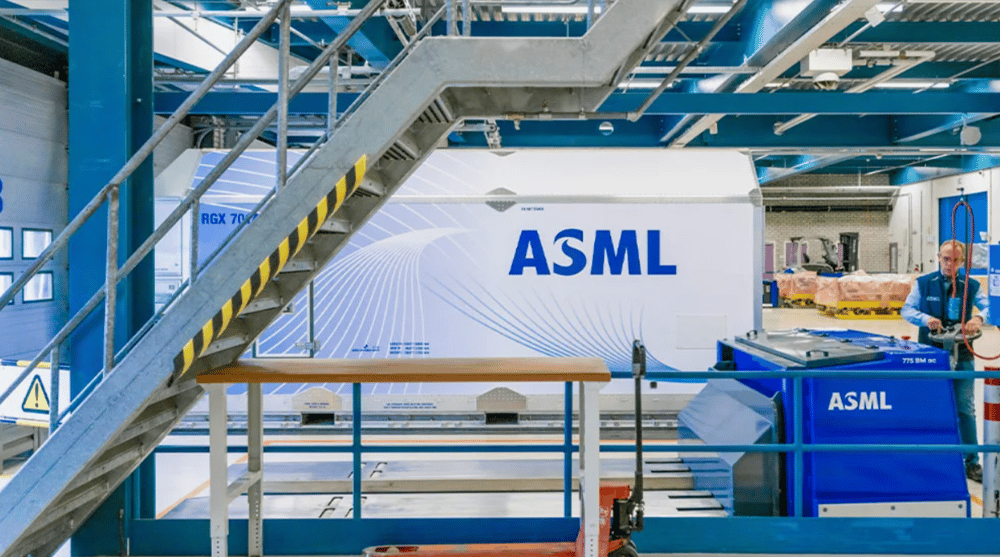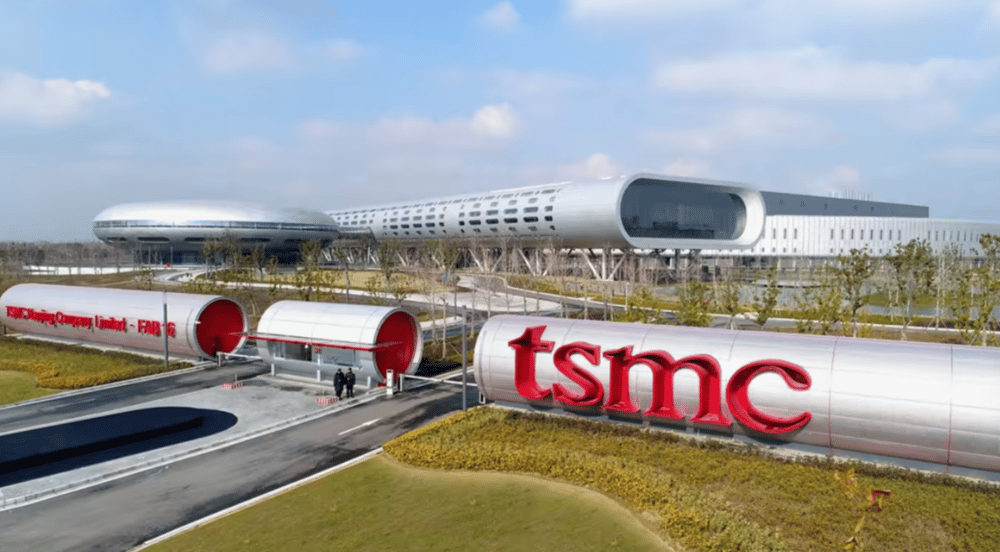ASML and TSMC Brace for New US Tariffs Shifting the Balance in the Semiconductor Industry
In recent months, the semiconductor market has found itself under the microscope as the United States considers imposing new tariffs. This week brings further intrigue as ASML $ASML , a leading provider of chipmaking equipment, prepares to release its quarterly financial results. With former President Donald Trump advocating for investments in domestic chip manufacturing, the sector faces heightened uncertainty and shifting global dynamics.
Expectations remain high for ASML’s Q1 performance. According to estimates from Visible Alpha, net bookings—a closely monitored metric reflecting demand for semiconductor manufacturing equipment—are projected to reach 4.89 billion euros (approximately 5.56 billion USD). Behind this momentum stands not only robust investment across the sector but also profound structural changes reshaping the semiconductor landscape.
US Economic Strategy and Tariff Dynamics
Amidst heated debate, President Trump announced that equipment manufacturers like ASML would be exempt from the proposed 10% “base” tariff, although actual chips may still be impacted by future trade measures. This distinction could trigger a chain reaction across global supply chains, introducing new opportunities and risks for major players in the chip industry.
Forces Redefining the Semiconductor Market
1. Growing geopolitical tensions and stricter trade policies between the US and Asia
2. Rising domestic demand in the US for cutting-edge chips used in tech and automotive industries
3. Increasing announcements of investment in new fabrication sites by both American and Asian firms
4. Intensifying competition among equipment suppliers and chip manufacturers
5. Emphasizing long-term partnerships to mitigate supply disruptions

Evolving Supply Chains and Fresh Investment Waves
In 2023, ASML derived roughly 17% of its revenue from the US market—a figure likely to rise as the company navigates new challenges on American soil. The momentum is further amplified by TSMC's recently announced plans to invest over $100 billion in five new semiconductor plants in the United States. Such ambitious expansion could profoundly alter the dynamics among chip manufacturers and trigger surging demand for supporting equipment, tech infrastructure, and services.
Opportunities and Potential Headwinds
- Growth of domestic manufacturing hubs
- Transferring expertise and advanced technology to US production sites
- New options for diversifying revenue streams amidst evolving regulations
- Persistent uncertainty regarding future tariff policies and possible countermeasures from Asian markets
Companies embedded in the global semiconductor supply chain are accelerating investment in resilient logistics and technological innovation. Equipment providers like ASML stand to benefit from increased American chip production but must remain cautious amid tariff threats and regulatory shifts.
Conclusions
Initiatives such as TSMC’s $TSM commitment to build five new US plants, along with ongoing regulatory moves, may accelerate industry transformation and give the domestic semiconductor and technology sectors a significant boost. In the near future, ASML’s quarterly report and strategic decisions by the industry’s giants will shine a light on just how far these changes will reach in a rapidly evolving global environment.















Comments